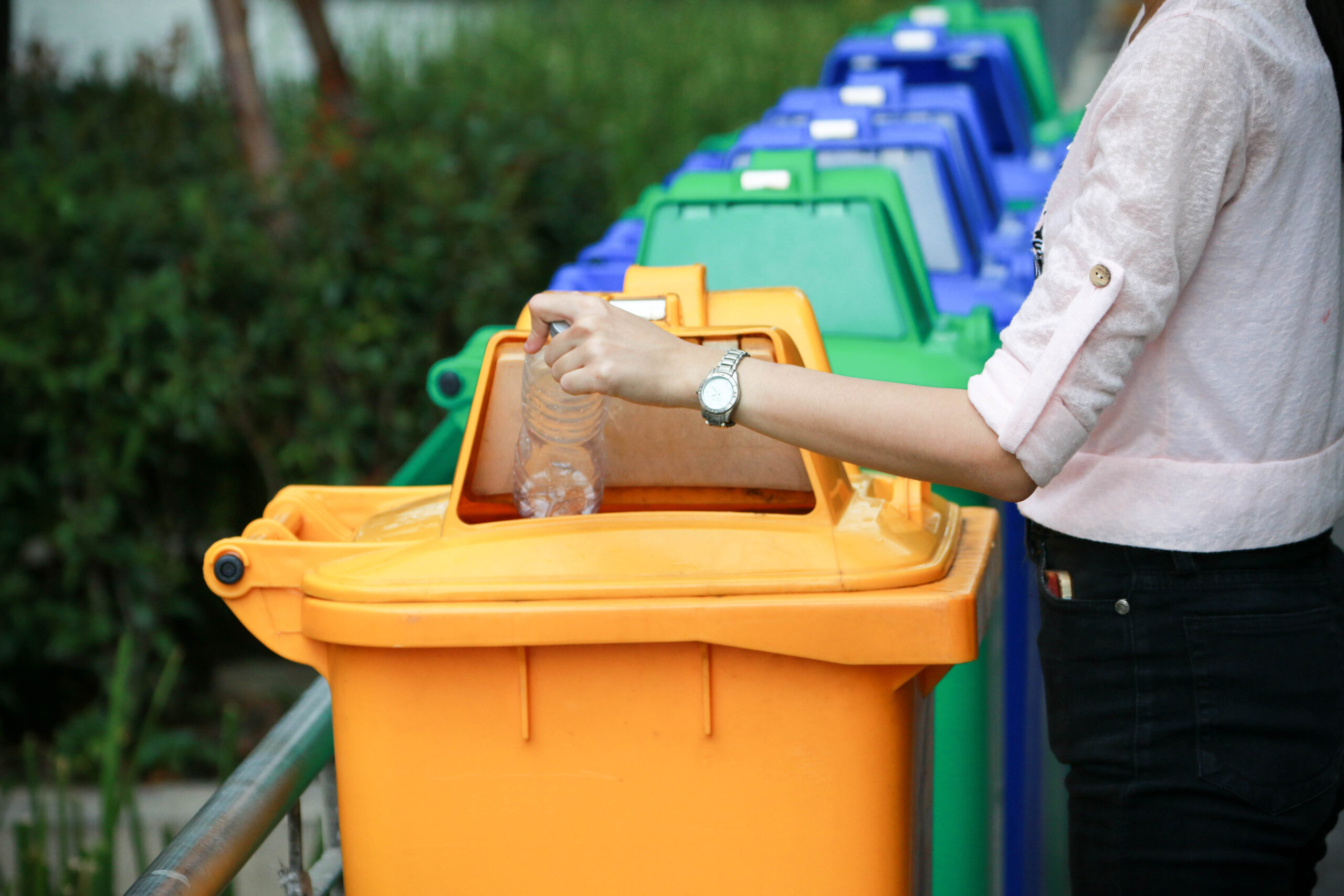Sustainable practices in waste management are crucial for reducing the environmental impact of waste, conserving resources, and promoting recycling and reuse. Here are some key sustainable practices that are commonly adopted:

Recycling and Composting
Encouraging the segregation of recyclable and compostable waste from general waste. This helps in reducing the volume of waste that goes to landfills and promotes the recovery of materials. Composting organic waste turns it into valuable compost that can be used to enrich soil.
Waste Minimization
Reducing the amount of waste generated at the source. This involves strategies like designing products for longer use, reducing packaging, and encouraging practices like digital documentation to minimize paper use.
Extended Producer Responsibility (EPR)
This policy approach makes manufacturers responsible for the entire lifecycle of their products, especially for take-back, recycling, and final disposal. It incentivizes producers to design products that are easier to recycle and have a lower environmental impact.
Use of Environmentally Friendly Products
Opting for products that are easier to recycle, have less packaging, or are made from recycled materials. This also includes using biodegradable or compostable products wherever possible.
Resource Recovery
Implementing processes to recover resources from waste. This can include techniques like anaerobic digestion to produce biogas from organic waste, or capturing and recycling materials from electronic waste.
Education and Awareness
Educating the public and businesses about the importance of waste reduction, proper segregation, and recycling. This can involve campaigns, workshops, and informational resources to help everyone contribute to waste management more effectively.
Adoption of Green Technology
Using technology to enhance waste collection, sorting, and recycling processes. Innovations like automated sorting systems, AI-driven waste management solutions, and advanced composting techniques can improve efficiency and effectiveness.
Zero Waste Initiatives
These are holistic approaches aimed at eliminating waste and promoting the sustainable use of resources. Strategies include redesigning resource life cycles so that all products are reused, and nothing is sent to landfills or incinerators.
By adopting these and other sustainable practices, waste management can significantly reduce its environmental impact and contribute to a more sustainable future.
Contact us today to get started with your roll-off dumpster needs.




